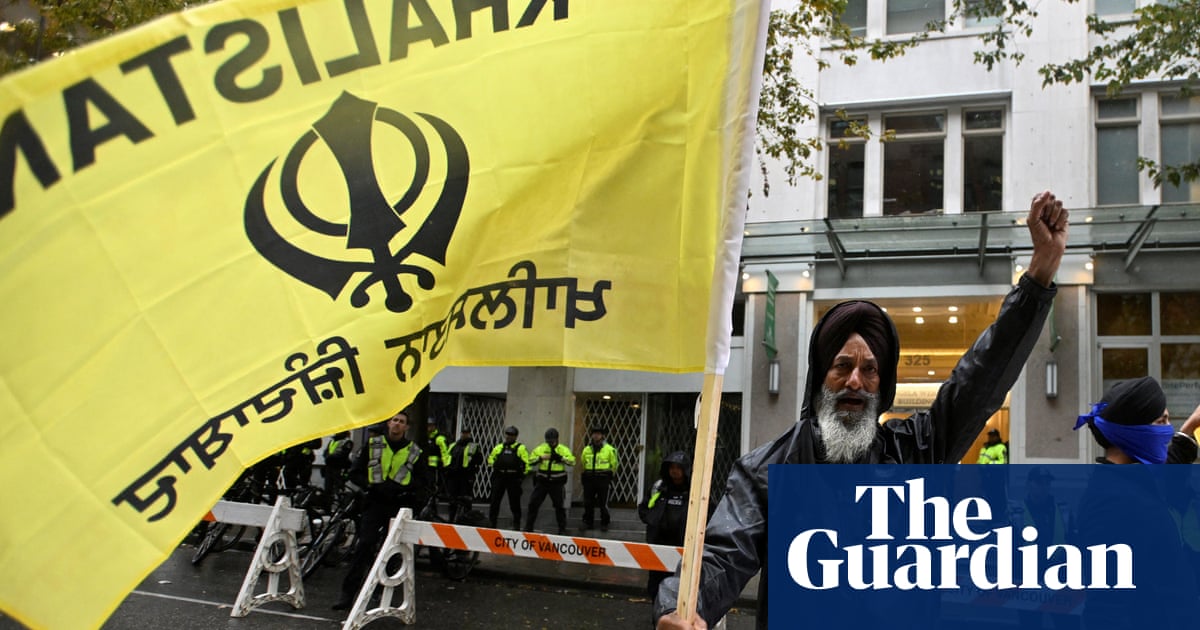
Itravelled to New York City in August for the first time since the pandemic began, to visit friends who had just bought their first home. They are firmly upper-middle class and in their 40s. They took out a mortgage for $1.5m (£1.1m) to buy a place in a Brooklyn neighbourhood that was regarded until recently as an area immune to gentrification. So far, so typical. Asset ownership comes late these days.
On the second day of my visit I saw a group of twenty- and thirtysomethings sitting together in a local park (of the type illuminated by sodium lights to discourage drug dealing). They had gathered around a banner announcing a meeting of the local tenants’ rights union. Almost every member of the group looked as if they could have featured in the pages of an Ivy League magazine. All bar one were white. Their neighbourhood was not.
I asked my host to explain this. She said real-estate investors were buying up single family homes, bulldozing them and building slick new apartment blocks. Given the stagnant supply of housing and the increasing demand for places to live, local rents were now “crazy”, and relatively wealthy residents were forming tenants’ unions. “Housing is now an asset class for the uber-rich,” she said. “What do you expect?”
We’ve all got used to the claim that housing is now an asset class, but few of us really think through what that means, or how we got here. One person who has done so is Brett Christophers, who figured out how and why a home stopped being primarily a place where you live.
Before the financial crisis, housing became an asset class through securitisation. As films such as The Big Short showed, bankers bundled together the income streams from individual mortgages into bonds, which were then sliced, diced and sold off. This worked well until the mortgage industry ran out of good borrowers and went subprime. The resulting mortgage crisis showed investors that securitising mortgages was easy but risky. What was safer, but a harder thing to do, was to acquire the underlying assets – the houses – and rent them out. This involves visiting individual properties, evaluating them, buying them, renovating them and finally renting them.
Pre-crash, this model was simply too time consuming and small scale to interest asset managers. But after 2008, thousands of homes were sold off in foreclosure as people struggled to pay their mortgages. This created an opportunity for asset managers to bulk-buy many homes at once. Aided by new websites such as Rightmove and Zillow – which allowed buyers to evaluate properties en-masse – companies were now able to survey, estimate, buy and then rent out tens of thousands of properties.
This shift occurred when the supply of new housing had collapsed, while demand for rentals had never been higher. The returns made on these investments were enormous. Unsurprisingly, many smaller investors jumped into the game, buying up properties in marginal areas – which explains the upper-middle-class tenants’ union I encountered.
It may be hard to feel sorry for the Brooklyn-bound elite college graduate. But the transformation of housing into an asset class is only one of the economic pincer movements people now find themselves caught in. The other is the dwindling supply of “good jobs” that once made the investment in college education worthwhile. Today, not only is your home someone else’s asset; your investment in education and your move to a place like Brooklyn to get the wages needed to “make it” are goals that seem further out of reach every year.
The story that has long been told to explain persistent inequality in the US centres on two things. First, the so-called “college wage premium” that regards degrees as assets. Degrees confer “knowledge skills” that guarantee graduates a good job – the returns on the asset. If you don’t have a degree, your income falls.
The second part of the story is the fact that over the past three decades, pretty much all growth has occurred in global cities, where knowledge-based firms that generate the large profits needed to pay high wages cluster together (San Francisco for tech, New York for finance). This pushes up real-estate values, which depresses incomes even among top earners, who are in many cases heavily indebted owing to the costs of getting a college degree. This helps explain why my friends are only buying their first home at the age of 45.
Yet this story of inequality is incomplete. A political economist named Herman Mark Schwartz recently explained why. If it’s the case that high profits allow the payment of high wages, what happens if the “knowledge economy” is really just the concentration of profits among a really small number of firms?
Think of Facebook buying up competitors, Apple suing Samsung over patents, or the importance of top brands for profit margins. All of this – enabled by high legal and technical barriers to entry – channels cash into the hands of a few top firms such as Amazon, Google and a few large banks that don’t actually employ that many people, especially in “good jobs”.
Apple, for example, is worth more than many countries, yet it employs only 147,000 people. Many of these employees are retail workers who are not high earners, despite Apple making $24bn in just the second quarter of 2021.
Further down the food chain, many of the suppliers to such firms still employ a fair number of people and pay reasonable wages, but most of them are under pressure to reduce their costs. So the majority of jobs being generated, even in growth cities, are in low-profit firms whose business models are based on squeezing as much as they can out of workers and paying them low wages.
In short, the pressures that used to affect those at the bottom end of the income scale are creeping ever upwards. The returns from a college degree have been flattening out while student debts continue to rise. Tenants’ rights are now a white, middle-class issue, and for the vast majority the ability to secure a good job to pay the rent seems ever further out of reach.
Meanwhile, those at the top continue to pull away, in part through their ability to turn the basic necessities of life into assets that generate their incomes.
The pincers of inequality in the US are now squeezing the upper middle classes. Will that finally make a difference to US politics, or will it simply drive the anger upwards? Sadly, I’d place my bets on the anger.
Mark Blyth is a political economist at Brown University












